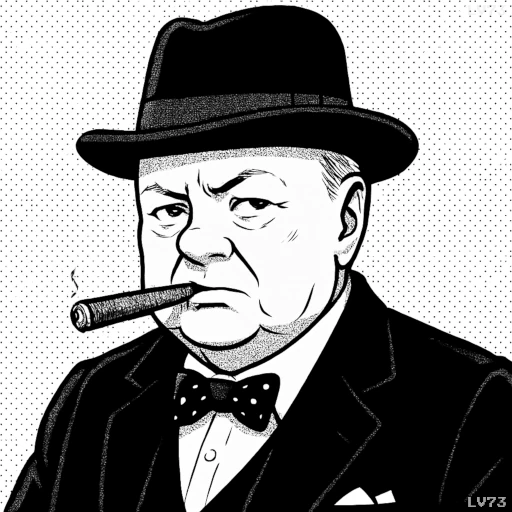“Criticism may not be agreeable, but it is necessary. It fulfils the same function as pain in the human body. It calls attention to an unhealthy state of things.”

- November 30, 1874 – January 24, 1965
- British
- Politician, army officer, writer
table of contents
Quote
“Criticism may not be agreeable, but it is necessary. It fulfils the same function as pain in the human body. It calls attention to an unhealthy state of things.”
Explanation
In this quote, Winston Churchill draws a parallel between criticism and pain, suggesting that while criticism is often uncomfortable or unwelcome, it serves an essential purpose. Just as pain alerts the body to an injury or problem, criticism highlights areas that need attention or improvement. Churchill argues that facing criticism—even if it’s uncomfortable—can be a valuable tool for growth and reform, because it brings to light issues that might otherwise go unnoticed or ignored.
Churchill himself was no stranger to criticism, especially during his political career. He often faced intense opposition and scrutiny, particularly when he made bold decisions, such as his approach to World War II. Despite the criticisms he received, Churchill understood that criticism, when valid, could help refine ideas and adjust strategies, leading to more effective leadership. This quote reflects his belief in the importance of feedback and self-awareness as key elements of personal and professional development.
In a broader context, this quote encourages us to embrace constructive criticism rather than shy away from it. While it can be uncomfortable, criticism can serve as a catalyst for improvement, helping individuals, organizations, and societies identify and address weaknesses before they lead to more significant problems. Just as pain in the body signals a need for care, criticism can serve as a wake-up call for action and correction.
Would you like to share your impressions or related stories about this quote in the comments section?



